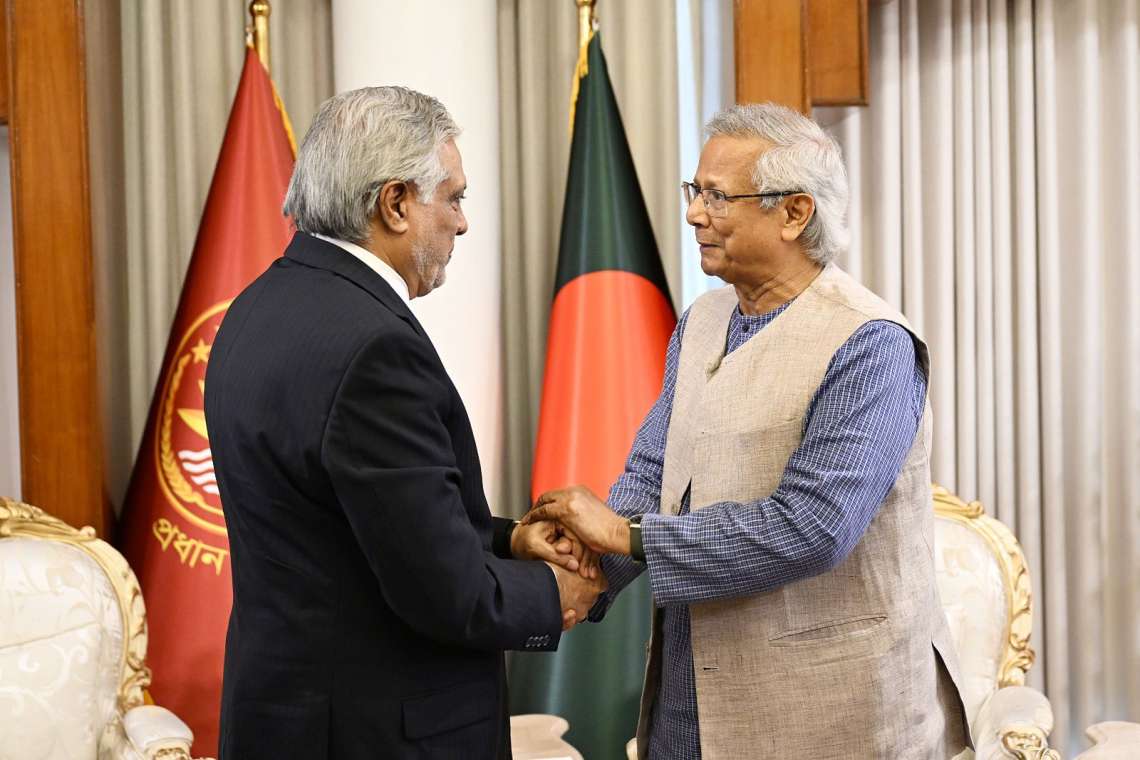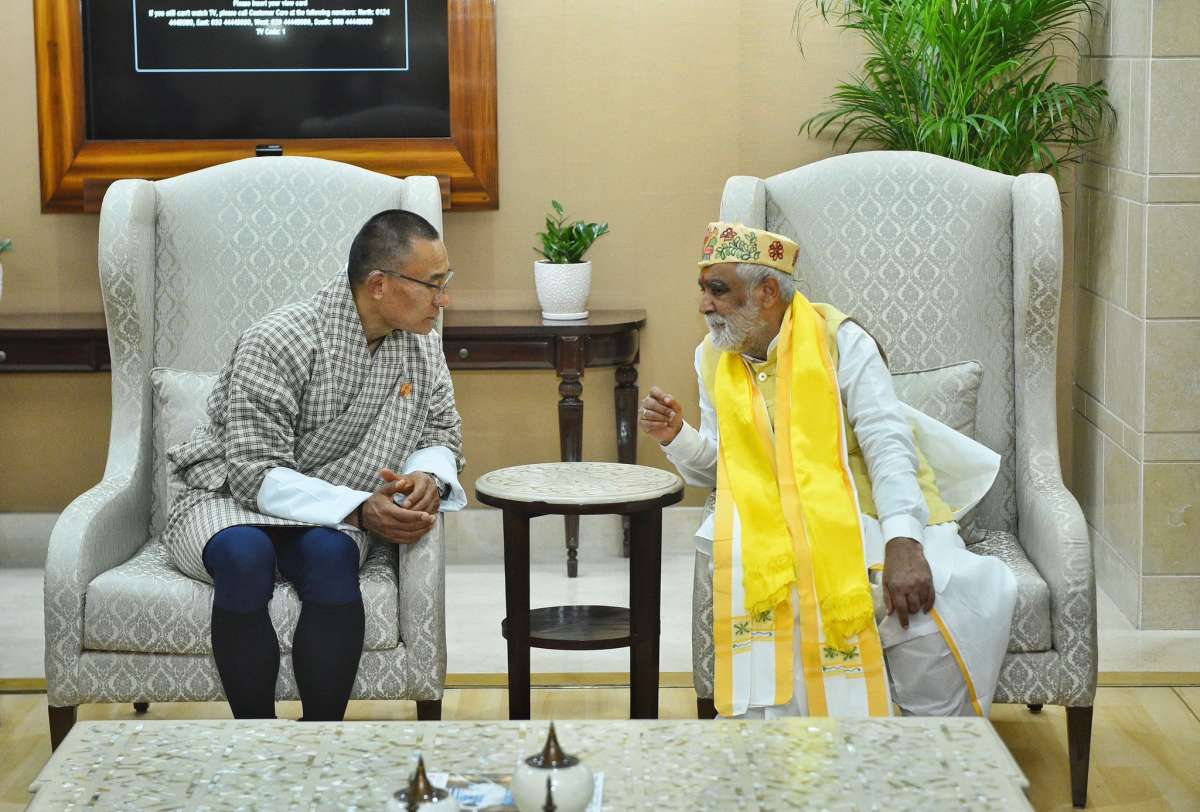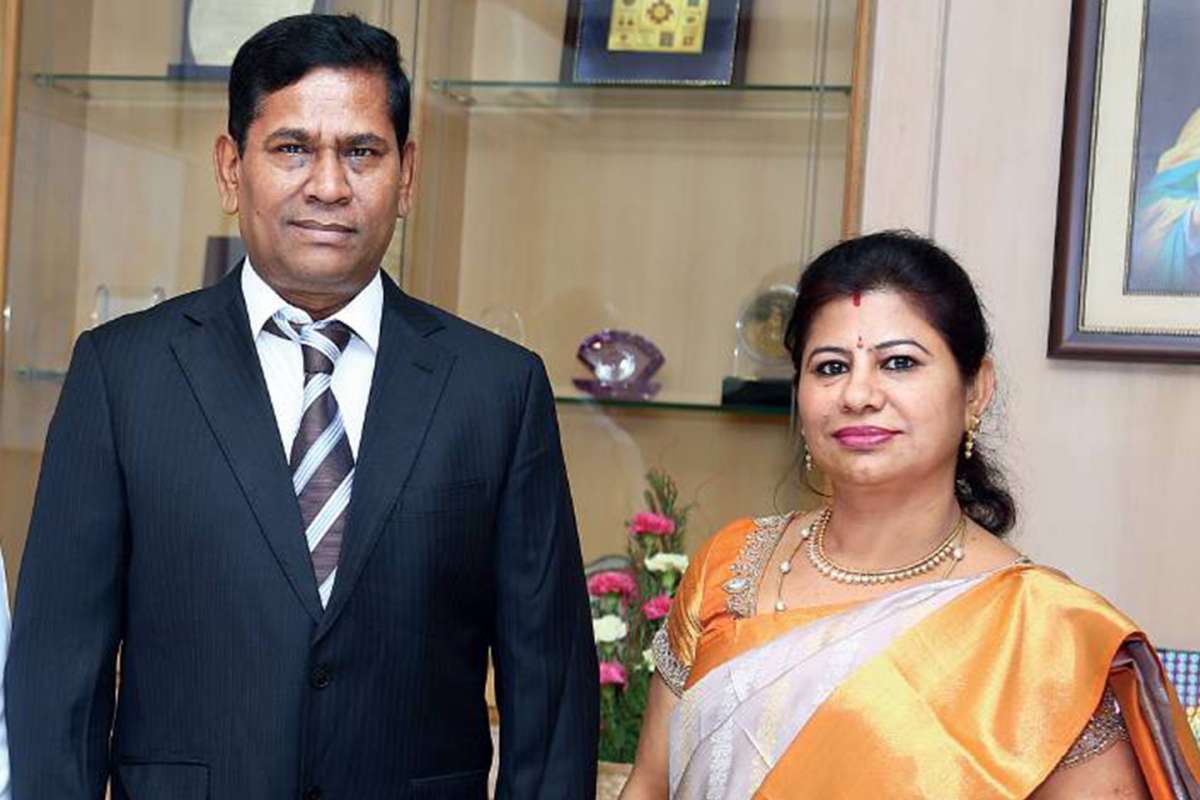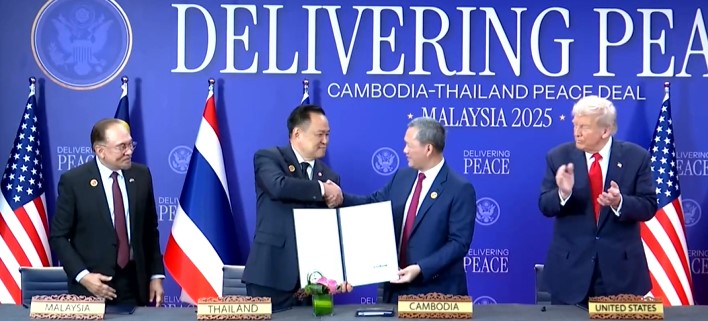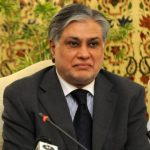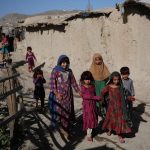Justice Arshad said that Section 104 explains the mechanism for reserved seats as it states that when a list is submitted, another list can be given….reports Asian Lite News
The Peshawar High Court on Thursday dismissed Pakistan Tehreek-e-Insaf (PTI)-backed Sunni Ittehad Council’s petition challenging the Election Commission of Pakistan’s decision to deny reserved seats to the party, Geo News reported.
“Petitions are unanimously rejected,” the court maintained.
“As per the law, those who participate in elections will get seats,” Justice Anwar remarked.
Justice Arshad said that Section 104 explains the mechanism for reserved seats as it states that when a list is submitted, another list can be given.
Earlier this month, the ECP, in a 4-1 verdict, ruled that the SIC was not entitled to claim quota for reserved seats “due to having non-curable legal defects and violation of a mandatory provision of submission of party lists for reserved seats, which is the requirement of law.”
The SIC — joined by PTI-backed independents who won the elections sans their electoral symbol — had filed the petition through its chairman, Sahibzada Muhammad Hamid Raza, seeking directives from the court for the ECP to allocate reserved seats to the council based on their strength in the national and provincial assemblies, Dawn reported.
Barrister Zafar, representing SIC, told the court that the ECP has the authority to [make] laws to maintain justice. He added that there is also an election for reserved seats, and that, too, should be transparent.
While discussing the admissibility of the application, the lawyer said that the pleas filed in Punjab and Sindh were limited to the respective provincial assemblies, but the one being heard by Peshawar HC pertains to the reserved seats of the province issued in the National and KP provincial assemblies.
He argued that while the SIC had not submitted the list, the Lahore High Court had given a decision that there was no prohibition.
On March 4, the electoral body accepted applications from the opposing parties and decided that the seats in the National Assembly and provincial assemblies would not remain vacant and would be allocated by a proportional representation process of political parties based on seats won by political parties, as reported by Geo News. (ANI)





